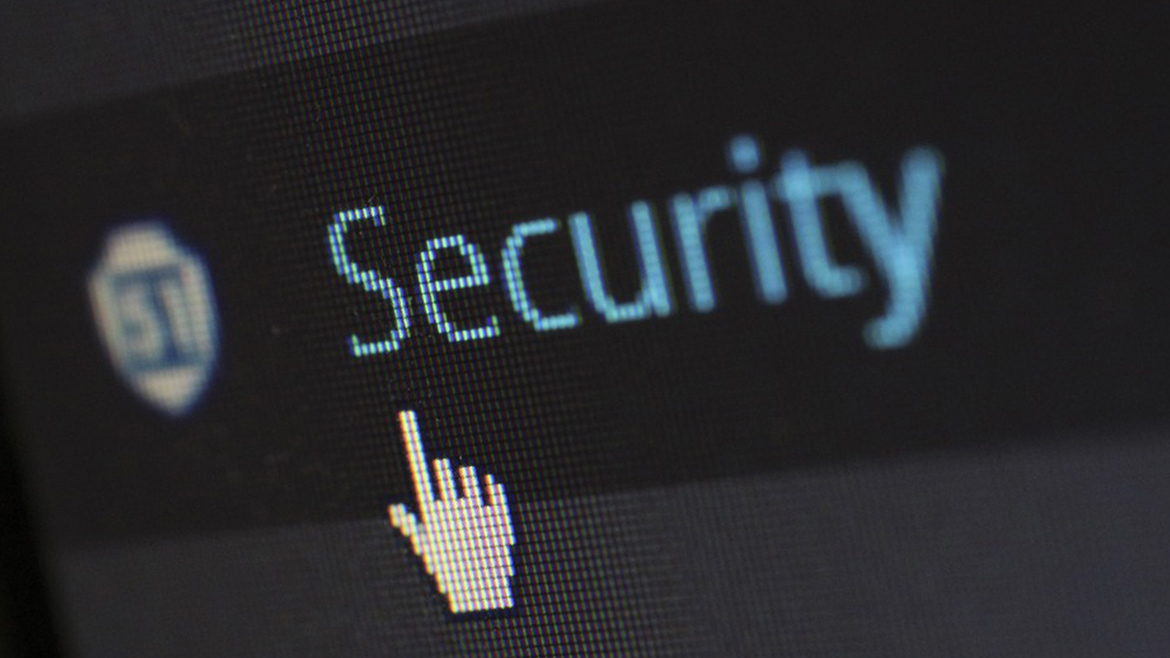Three Compromising Cybersecurity Myths

Cybercriminals often possess an air of secrecy that makes us assume they’re smarter than they are. But hackers aren’t neccesarily geniuses — it’s just that computer users repeatedly make the same mistakes. Modern business owners share an alarming lack of awareness regarding cybersecurity, which often leads to negligence, which leads to cyberattacks.
But have no fear! By identifying the common misconceptions of the day, including those that you may hold, it’s easier to stay protected.
-
Only massive enterprises and famous people get targeted.
Even if you’ve heard this before, it’s important to hear it again: large-scale corporate hacks may be the only ones we read about, but they’re certainly not the only ones that occur. Modern programs are capable of scanning websites for vulnerabilities, allowing an unprotected computer to become infected in an instant.
For every cyberattack that makes headlines, there are even more attacks that target small businesses and individuals who you don’t hear about. And you don’t necessarily have to empty your pockets to deploy and maintain cybersecurity — just don’t buy into this myth and make sure your access is secure.
-
You can be 100% protected against security threats.
Many business owners believe in the false notion that cyberattacks are always external, i.e. hackers launching an attack on your network from the outside. However, with more employees working remotely or on a temporary basis, more and more hackers are gaining access to internal systems. Employees can threaten a company-wide network by opening an email or attachment that contains a virus.
That being said, it’s naïve to believe you’re protected as long as you don’t open emails from questionable senders. For example, certain viruses can access people from your contacts folder, sending your business associates virus-ridden emails that appear to have come from you. And it’s not always obvious when your computer is infected. Some modern-day programs are almost undetectable, releasing your personal information to hackers without any outward sign.
The purpose of cybersecurity isn’t always to hide your information; it’s also used to prevent unreliable data from circulating throughout your company’s infrastructure and to detect external threats as efficiently as internal ones. Though it’s impossible to achieve a lasting, complete solution, you can get close by taking a proactive and comprehensive approach.
-
Your tricky password is protection enough
If our passwords are crowded with random characters, numbers, and punctuation marks, we often believe (falsely) we are hack-proof. However, just because a human being could never guess your password, that doesn’t mean advanced software, capable of cracking 8 million combinations per second, couldn’t. In the hacking sphere, guessing passwords is one of the easiest ways to threaten your identity, and automated guessing processes can almost guarantee hacking success.
Ready to take the necessary steps to keep your business safe from cyber-attacks? LammTech can help! Call 660-827-9944 to talk with our team about your technology needs.
Robert Lamm is the president and CEO of LammTech. He blogs about business and IT for CBT.


